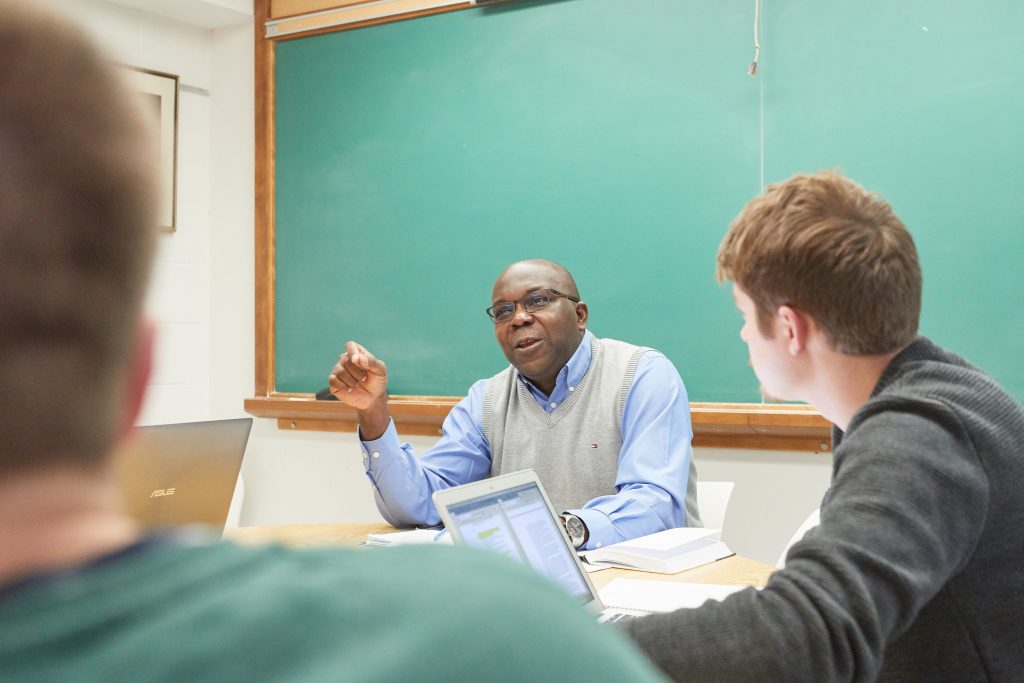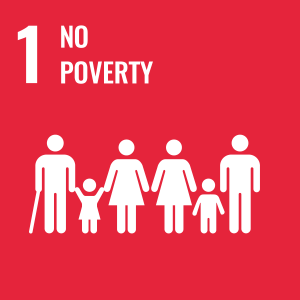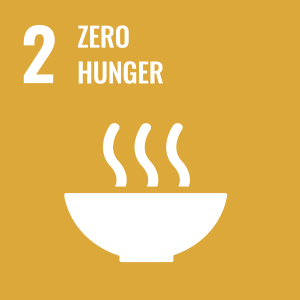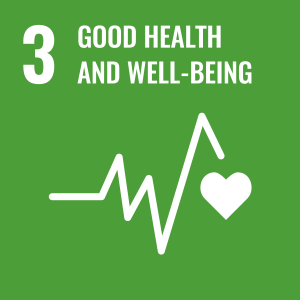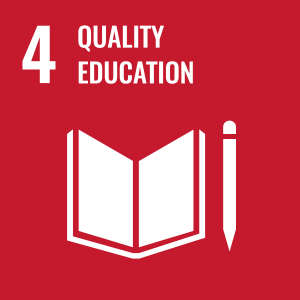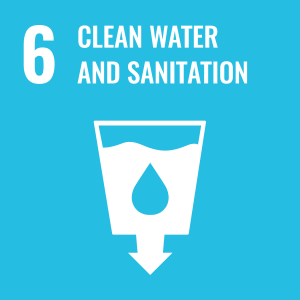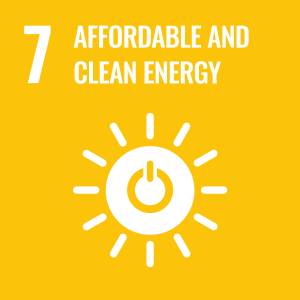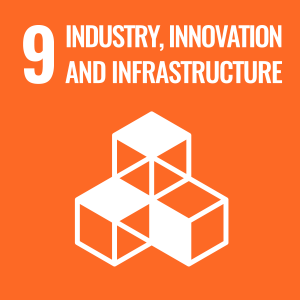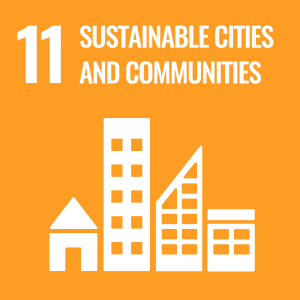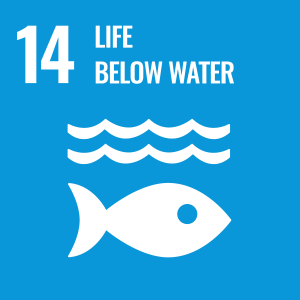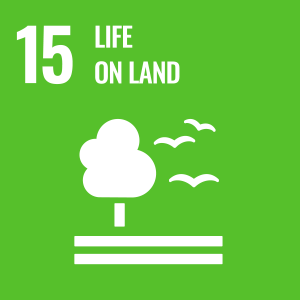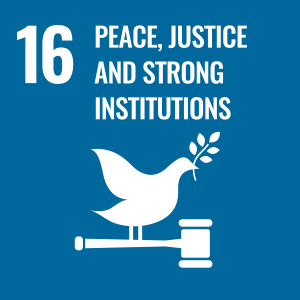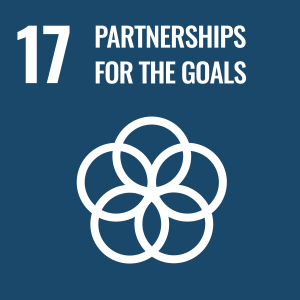Goal 12: Responsible consumption and production
 |
Find out how a McMaster engineering professor is helping to address the need for sustainable consumption and reduced waste generation to make SDG 12 a reality. |
Jim Cotton, Professor, Mechanical Engineering
DON’T WASTE YOUR ENERGY. HARVEST IT.
Globally, we waste more energy than we use. But what if we could capture excess energy – especially heat – that would otherwise disappear into the atmosphere? And then share it with areas in need?
Jim Cotton has devoted his professional life to reducing and eliminating energy waste. His ICE-Harvest technology captures unused heat from community sources including arenas, grocery stores, and big box centres, and redistributes it to other buildings.
His work targets Sustainable Development Goal 12, which calls for sustainable consumption and production patterns, and reduced waste generation.
It’s not just about reducing our fossil fuel consumption. Cotton and his industry partners believe the approach could also cut our carbon footprint by millions of tonnes of CO2 each year.
Featured Stories
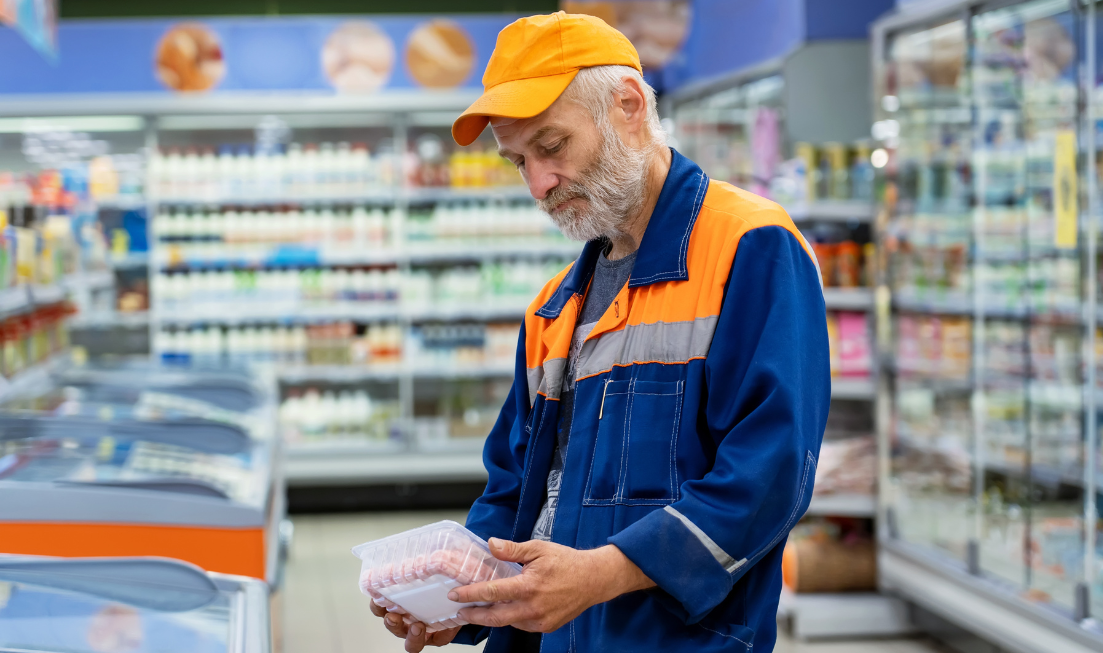
Analysis: Using smart technologies and artificial intelligence in food packaging can reduce food waste
Tohid Didar is an associate professor and Canada Research Chair in Nano-biomaterials, Mechanical and Biomedical Engineering at McMaster University. This article is republished from The Conversation . . .
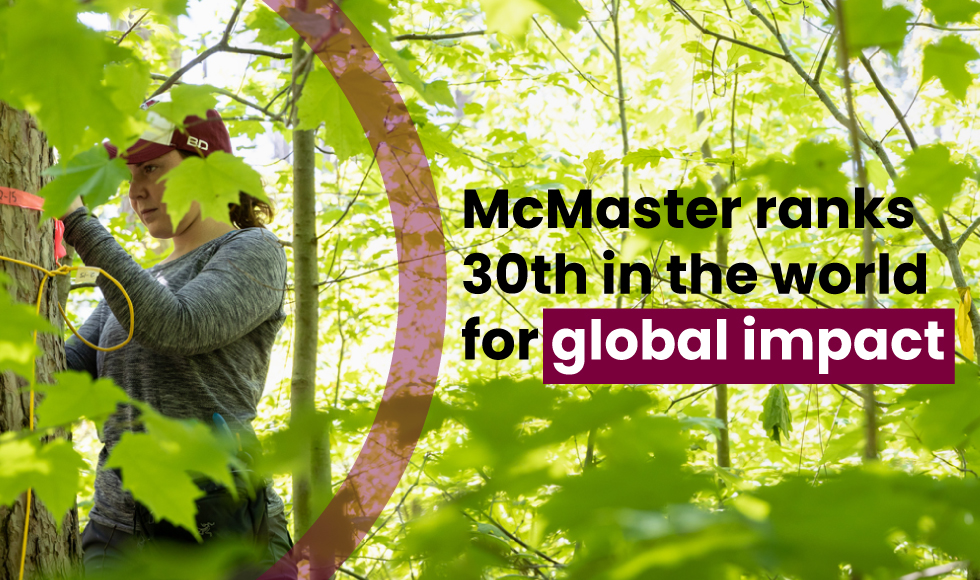
McMaster ranks 30th in the world in Times Higher Education University Impact Rankings
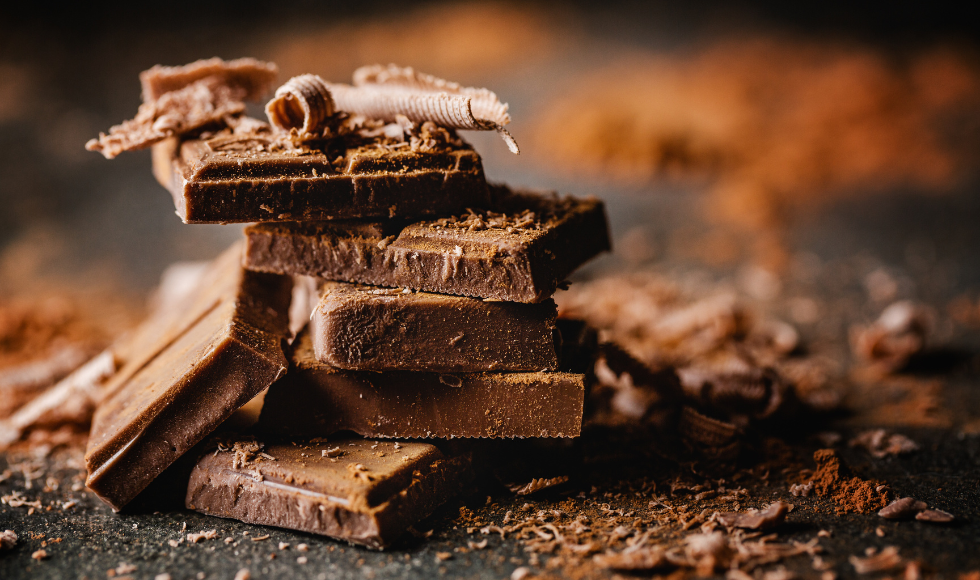
Climate change drives up the price of olive oil and chocolate
Climate change is part of the reason you’re digging deeper into your pockets at the grocery store, a McMaster economist says. The price of olive . . .

